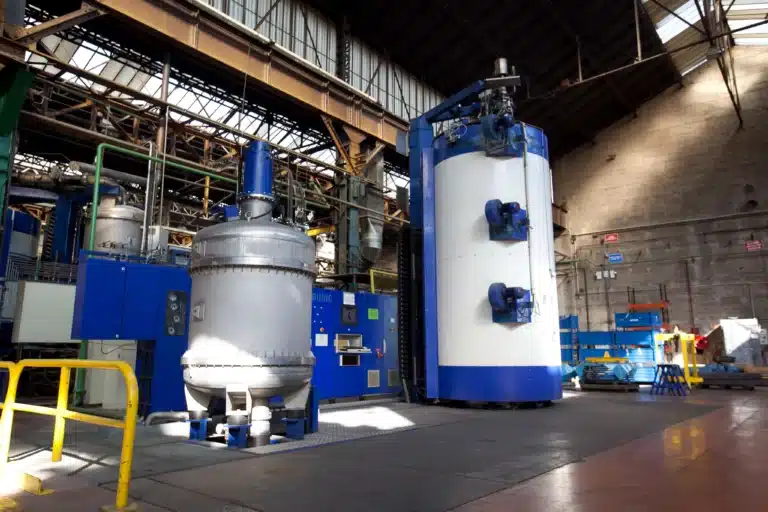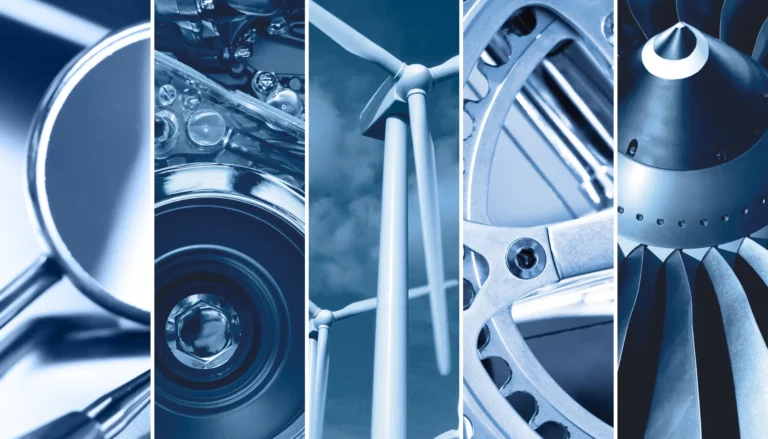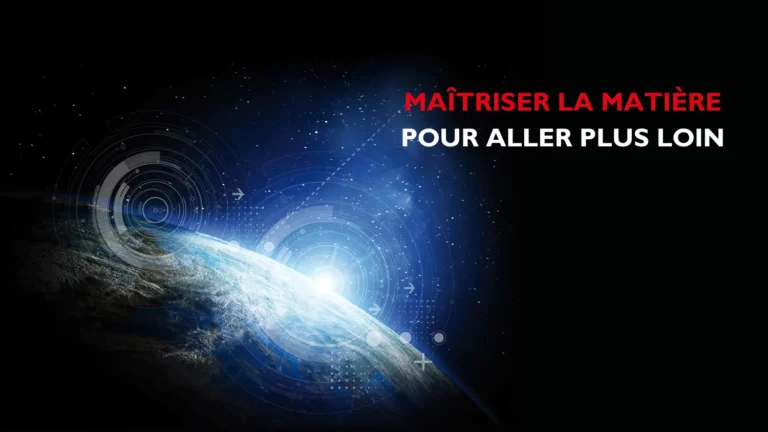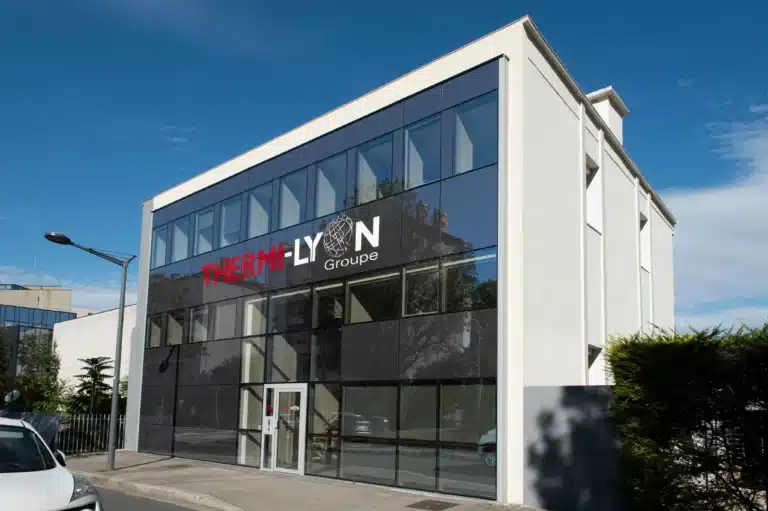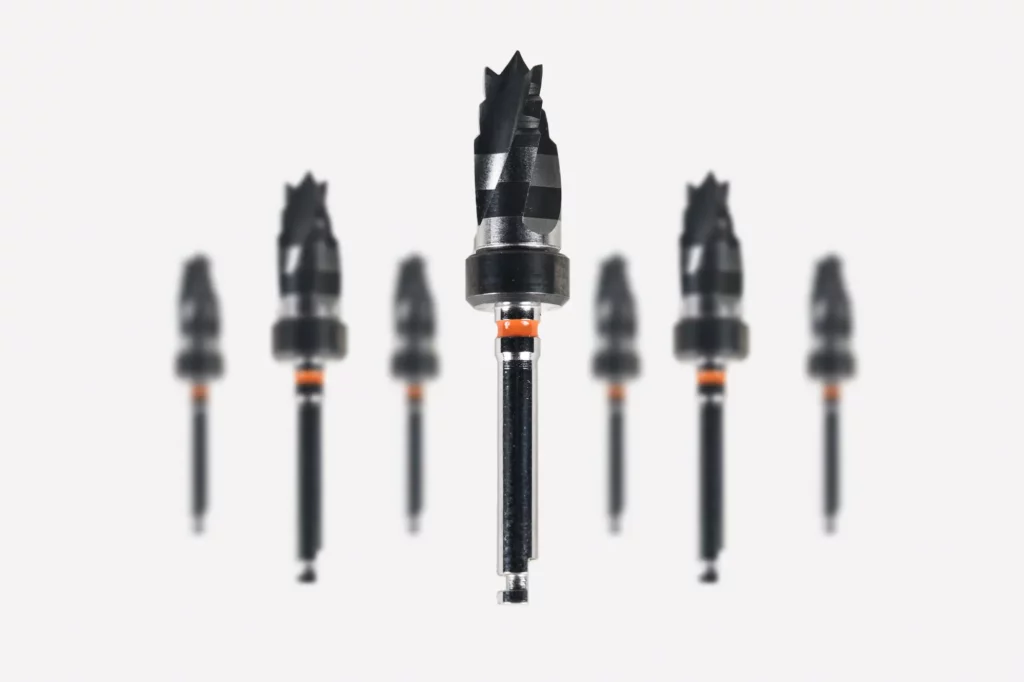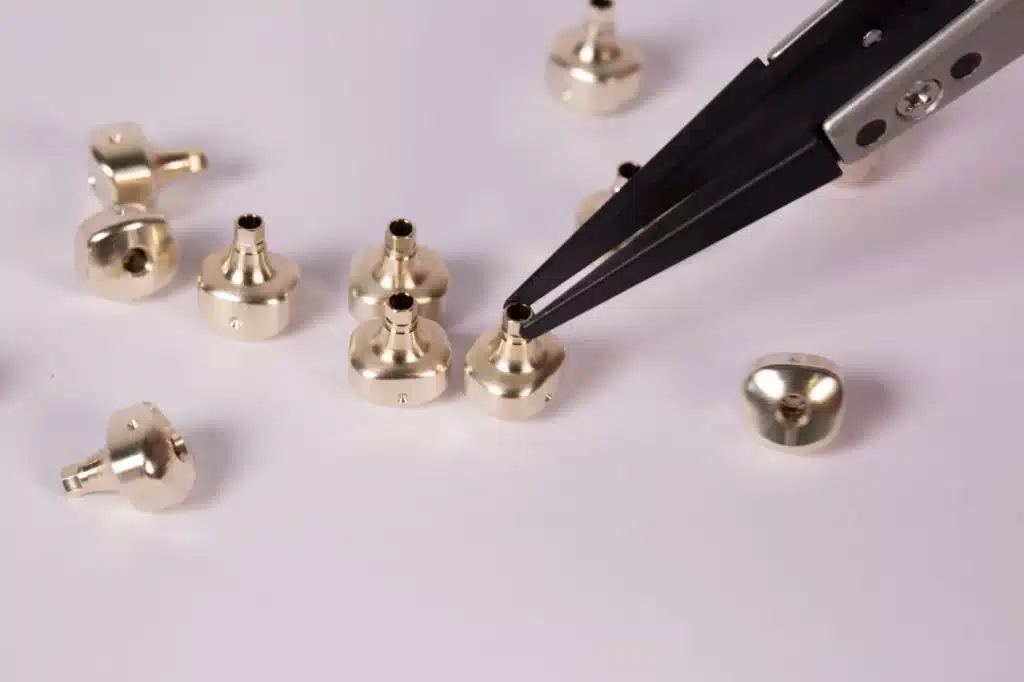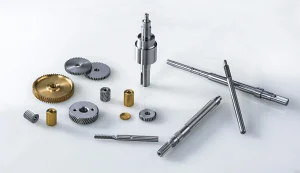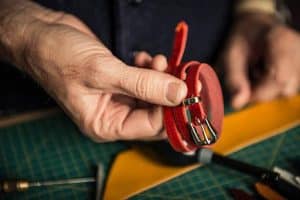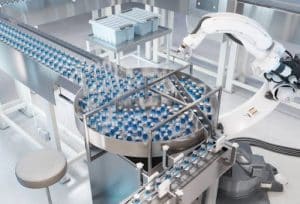Our various documentations
Our FAQs
Vacuum deposition is a surface treatment used to deposit a material or alloy on a mechanical part.
The use of vacuum technology ensures a perfectly clean, non-polluting process.
It is not subject to REACH legislation.
The Thermi-Lyon group sites certified for the medical markets are THERMI-LYON and THERMI-PLATIN. The THERMI-BUGEY site is in the process of being certified.
The deposition method depends above all on the nature of the coating to be deposited and the substrate.
If the substrate cannot be heated to high temperature, the deposition must be carried out using low-temperature technology.
If the coating to be deposited consists of a solid element (metal or graphite target), a physical process such as PVD is used. If the coating consists of a gas or liquid, a chemical process such as CVD or PACVD is used.
Nature of steel or carbide, if steel treated, please specify the treatments carried out. Desired characteristics (hardness), quantities of parts per shipment and per year, drawings of the part and specifications. If possible, how the part will be used and its final purpose.
Do you have a question or a need?
Our team dedicated to the medical sector answers your questions
Contact us